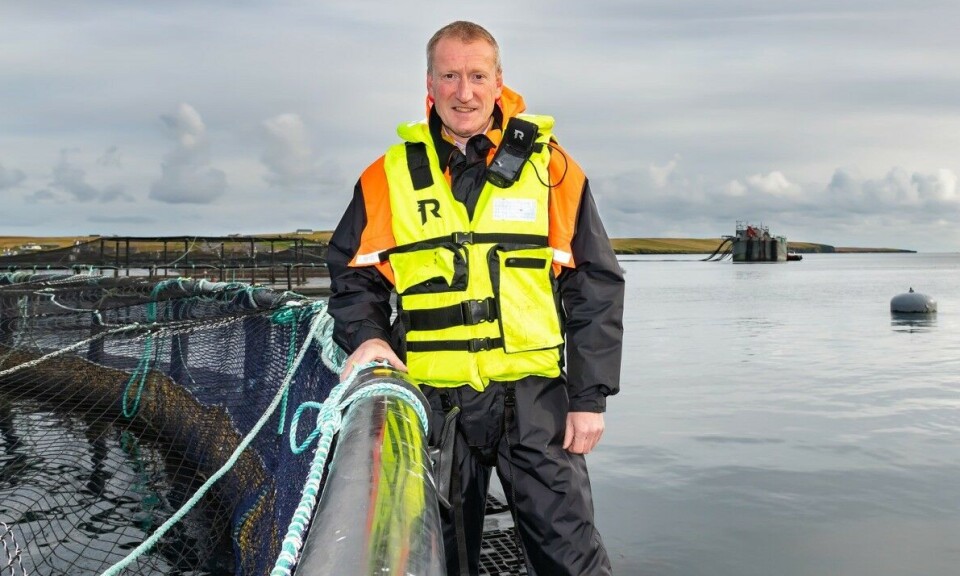

Salmon sector backs move for regulators to help economic growth
Scotland’s salmon farmers have voiced support for a push by UK Chancellor Rachel Reeves for government regulators to strip back some rules that she believes are stifling economic growth.
Reeves is reportedly preparing to meet with 16 regulators, including the Competition and Markets Authority, Ofcom, Ofgem, the Environment Agency, and the Financial Conduct Authority, this week. Some have jurisdiction in Scotland, but the functions of others such as the Environment Agency and Natural England are carried out by separate bodies north of the border.
The 16 regulators will be asked to present their plans to stimulate growth in the sectors they oversee by reducing regulation and opening up markets to new entrants.
Driving growth
Tavish Scott, chief executive of salmon sector trade body Salmon Scotland, said: “We support better regulation, not less, but regulators must also drive economic growth. Taxes fund public services, and growth makes that happen. Red tape is holding businesses back. More jobs, investment, and innovation fuel growth and boost tax revenue.
“Scotland’s growth is sluggish. GDP (gross domestic product) grew just 0.1% in the third quarter of 2024, down from 0.5% in the previous quarter, with a dip in September. Scotland lags behind the UK in GDP growth, with rural and coastal areas hit hardest.
“The Chancellor’s approach should be mirrored in Scotland. While growth remains fragile, our sector can help recover from the long-term impacts of Covid and Brexit. Salmon farming could deliver £1 billion to the UK economy in just a few years, benefiting local communities.
Job creation
“The Scottish Government must focus on job creation and growth to generate wealth for public services. We have the ambition to grow, but ministers must urgently reform the outdated regulatory framework holding back salmon farmers.”
The Times reports that Natural England has in the past been blamed by ministers for taking an absolutist approach to regulation that has held up - or in some cases stopped altogether new developments over issues such as nutrient neutrality. In particular, ministers want the organisation to set strict time limits for how long they take to respond to planning consultations, which has been identified as a key barrier to growth.
A quicker response by all Scottish regulators is one of the changes that Salmon Scotland has asked for in relation to planning applications for new fish farms, and a pilot scheme is under way to streamline the process.
The Times also reports that the Competition and Markets Authority (CMA), which is meant to prevent uncompetitive practices from disadvantaging consumers and investigate mergers and takeovers, has been accused of stifling growth by taking an overly cautious approach to regulation. Ministers want the CMA to speed up its investigations - as well as being more willing to let mergers, such as Three and Vodafone - take place if they are likely to boost productivity.























































